
Naming the phenomenon of not being able to wake up from a dream and related problems

You find yourself waking up and getting out of bed as usual. Then, you go through your morning routine and start enjoying a delicious breakfast. But suddenly, you realize that you’re still lying in bed. Are you curious about what’s happening? In fact, this could be a case of the phenomenon known as false awakening. So, what exactly is it? And is there a way to improve this condition? All of your questions will be answered in the following article by Master, Doctor Nguyễn Trung Nghĩa. Let’s explore it together.
What Is False Awakening?
False awakening is a phenomenon where someone dreams that they have woken up, even though they are still asleep. This often occurs during the rapid eye movement (REM) stage of sleep, which is closely associated with vivid dreaming.¹
Here are some common experiences people report during a false awakening:²
-
Feeling like they have woken up and are ready to start the day.
-
Believing they’ve gotten up in the middle of the night to use the bathroom or go to the kitchen, only to return to bed — still dreaming.
-
Exploring or wandering through a place they’ve always dreamed of visiting.
-
Thinking about a dream they just had, believing they’re already awake when in fact they are still asleep.
This phenomenon — when someone is dreaming but believes they are awake — is called false awakening.
Unlike regular dreams, false awakenings often feel very vivid and realistic. However, the environment may contain small inconsistencies — such as strange shadows, lights that won’t turn on, etc. It may take a while before the person realizes they are actually dreaming.³
Researchers have found that during a false awakening, the dreamer retains a certain level of consciousness. Specifically, they may be aware of being between reality and dreaming. They may also feel uneasy, sensing that something is off, but they don't fully recognize they’re in a dream.⁴
What Causes False Awakening?
Some experts believe that false awakenings occur when the REM stage is interrupted — a phenomenon known as fragmented or broken sleep. When REM is disrupted, a person may remain semi-alert even while dreaming.⁵ ⁶
Common causes of fragmented sleep include:
Sleep Disorders
These include insomnia, sleep apnea, and narcolepsy.
-
Insomnia: Difficulty falling asleep or staying asleep.
-
Sleep apnea: Repeated pauses in breathing during sleep.
-
Narcolepsy: Excessive daytime sleepiness due to the brain's inability to regulate sleep cycles, which may cause a person to fall asleep at any time.
These disorders reduce sleep quality and can interrupt the REM phase, contributing to false awakening.⁶
Related article: What should narcolepsy patients know before seeing a doctor?
Environmental Factors
External stimuli such as noise or light can disrupt sleep without fully waking the person up. These subtle interruptions can affect the sleep cycle and trigger false awakenings.⁶ ⁷
Periodic Limb Movement Disorder (PLMD)
This condition involves sudden, involuntary jerking or cramping of the limbs during sleep. It can significantly disturb rest and contribute to fragmented REM sleep.⁶ ⁸
Distinguishing False Awakening from Sleep Paralysis
Sleep paralysis usually happens when transitioning from REM sleep to wakefulness. In this state, the brain is awake, but the muscles are temporarily immobilized.
The key difference between sleep paralysis and false awakening is that sleep paralysis occurs after waking up, without dreaming. The person is aware of their surroundings but cannot move. It may also come with hallucinations — like sensing a presence in the room or feeling held down.⁷
However, studies show that people who experience sleep paralysis often also experience false awakenings — and vice versa.
How to Manage False Awakening
The good news is that false awakening is not a dangerous condition. There is no solid evidence linking it to serious physical or mental health issues. So there’s no need to worry too much.⁷
However, if you experience it along with symptoms like:
-
Difficulty falling asleep or poor sleep quality
-
Fatigue or exhaustion despite spending hours in bed
-
Daytime sleepiness or frequent nightmares
…it’s best to consult a doctor for advice and treatment.⁷
Improving your sleep hygiene may help reduce the frequency of false awakenings. Here are some general tips for better sleep:⁷
-
Turn off your phone and electronic devices at least an hour before bedtime.
-
Get enough sleep according to your personal needs.
-
Take time to relax before going to bed.
Good bedtime habits play a vital role in minimizing false awakenings.
Related article: How much sleep is enough at each stage of life?
Conclusion
We hope this article has helped you better understand the phenomenon of false awakening. It is not a supernatural or medical disorder, so there’s no need to panic. However, if it begins to affect your health, try implementing the suggested improvements or consult a doctor for personalized support.
News in the same category


Don’t Install Ceiling Fans in These 4 Areas of Your Home

People Who Regularly Eat Cucumbers May Experience 3 Remarkable Changes Over Time

5 cheap household items that can bring can,cer to the whole family

Eating a handful of this vegetable is as precious as "poor man's ginseng", it grows all over the fences in the countryside but few people know about it

This delicious dish "has more iron than pig liver", a must-have this summer, you will love it!

Too Lazy to Drink Water? These 7 Health Problems Might Catch Up with You
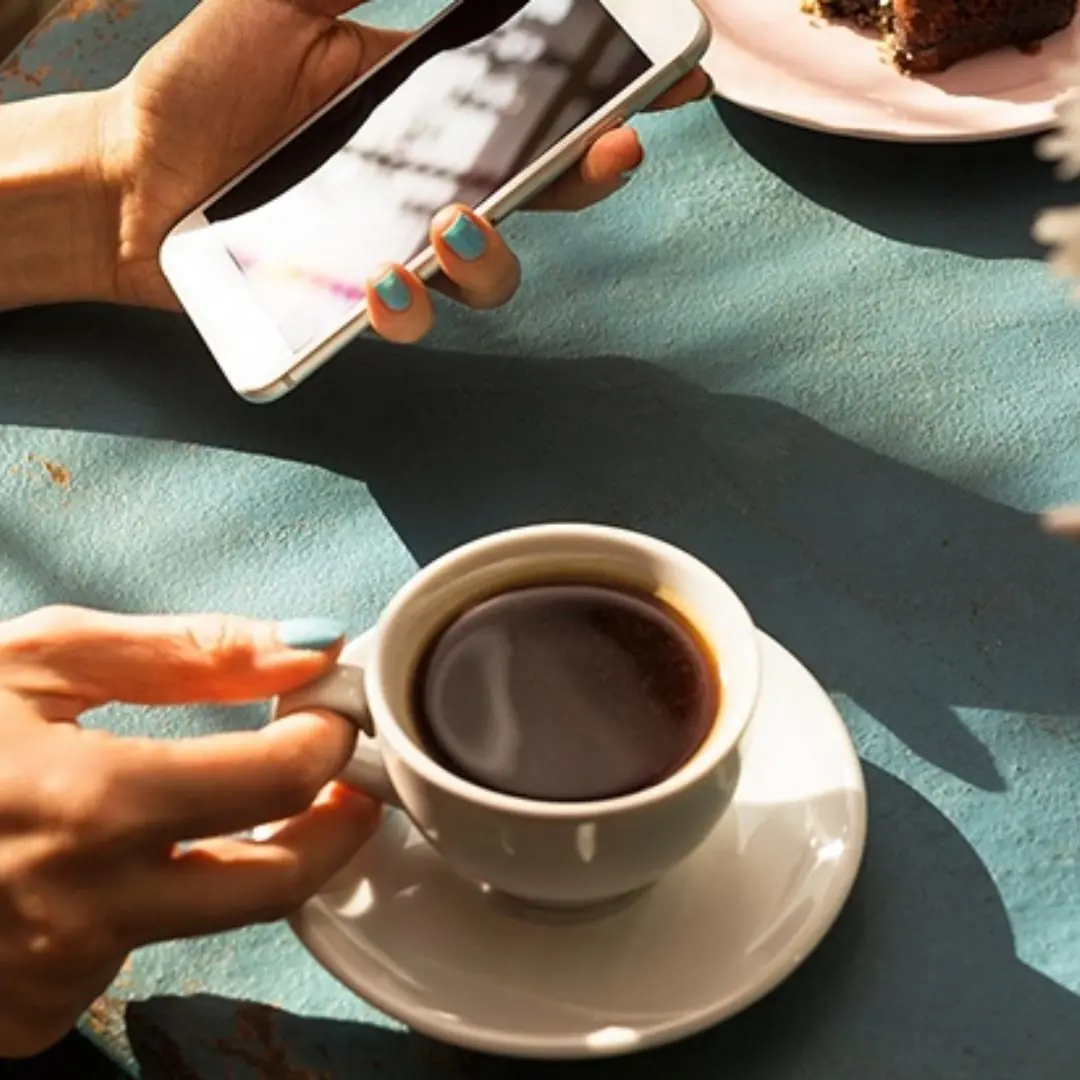
Golden hours to know to drink coffee to maximize health benefits

Eating a Handful of This Leafy Green Is as Valuable as “Ginseng for the Poor”

Garlic Skins Have 4 Surprising Benefits

The Surprising Use of the Small Hole on Padlocks That Many People Don’t Know
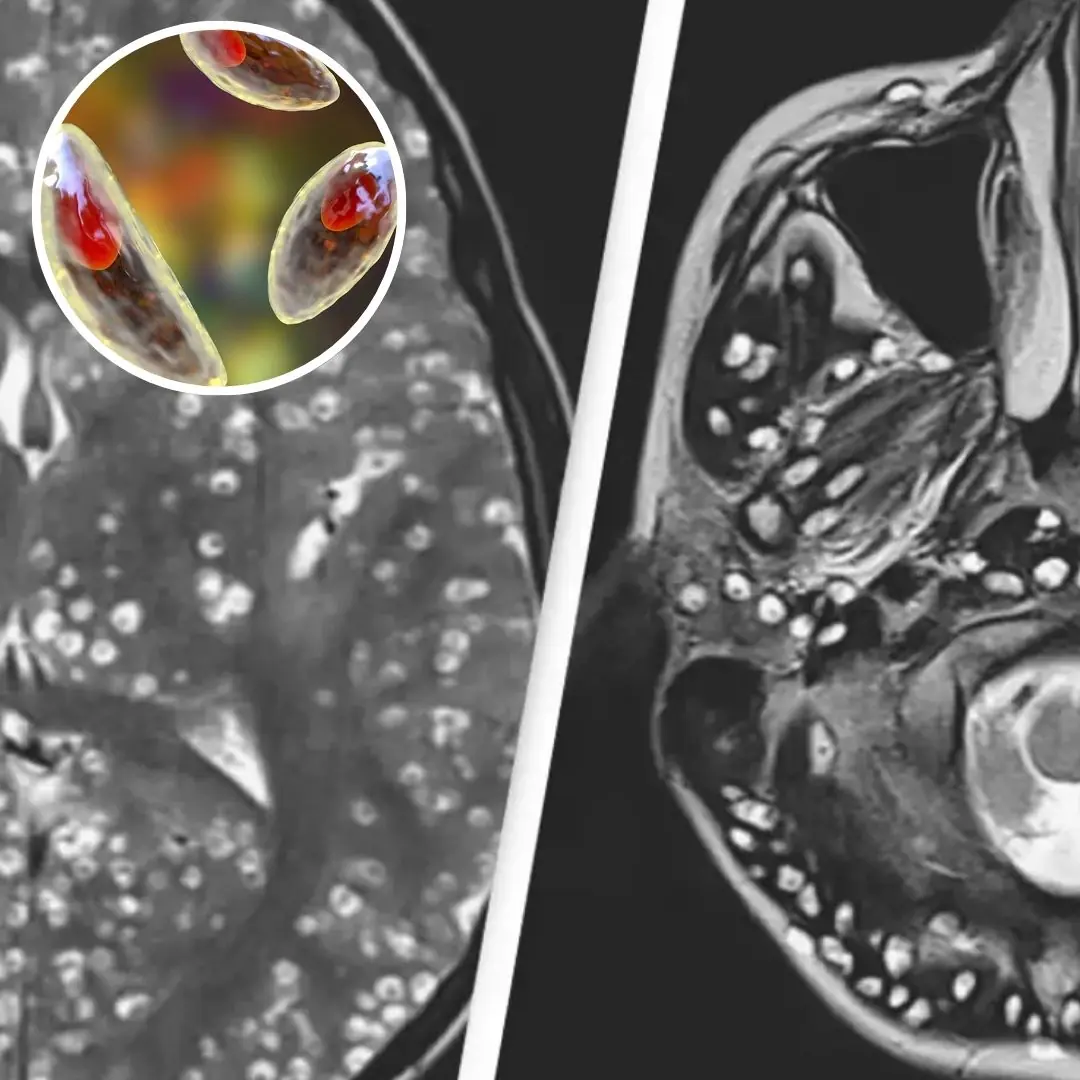
Te.r.r.ifyi.ng study finds 30% of Americans could be infected with parasite that has ho.r.r.i.fic impact on brains
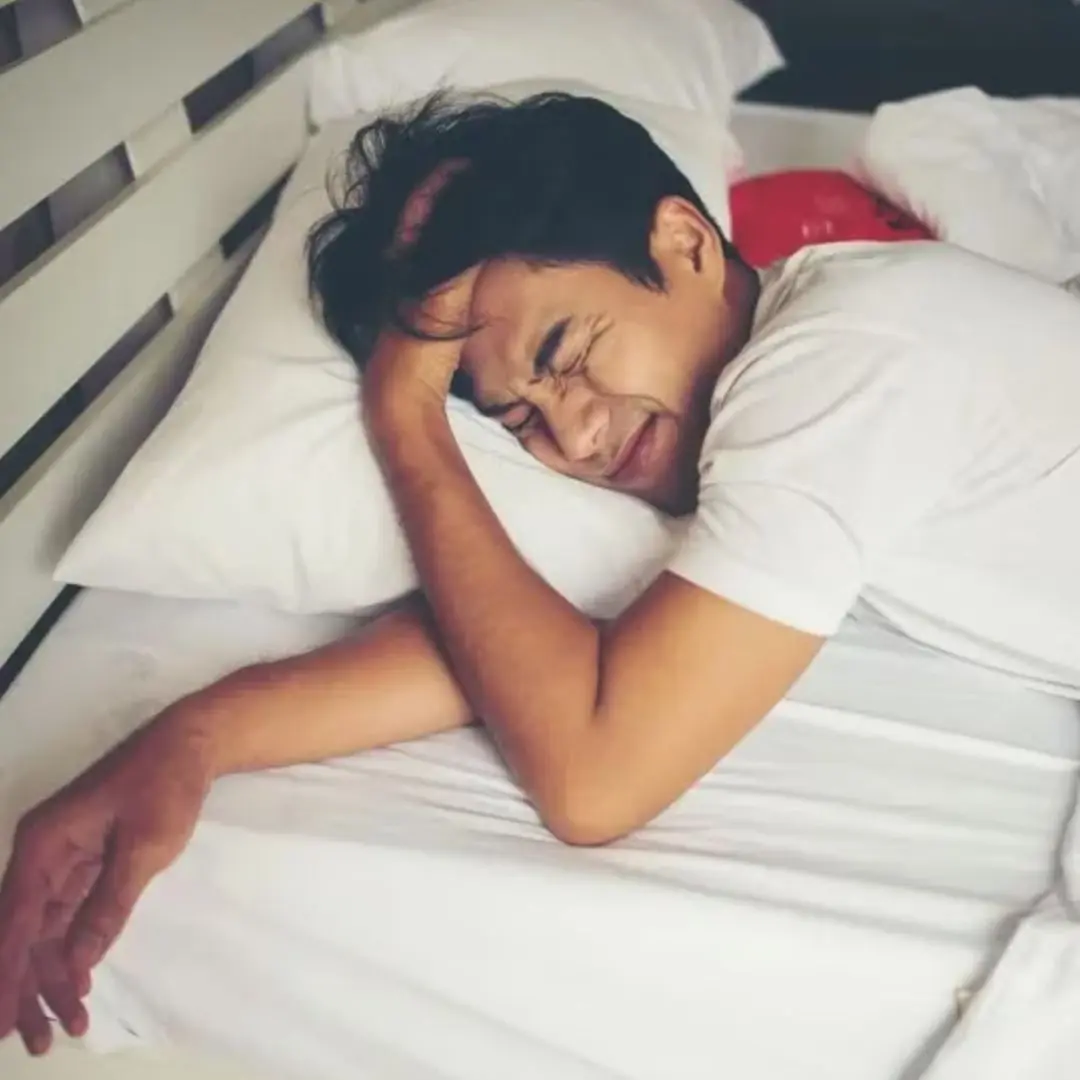
New study claims having these specific dreams every week 'triples' your r.i.sk of an early d.e.a.t.h

Doctor Reveals: People with These 6 Morning Habits Tend to Look Younger and Live Longer
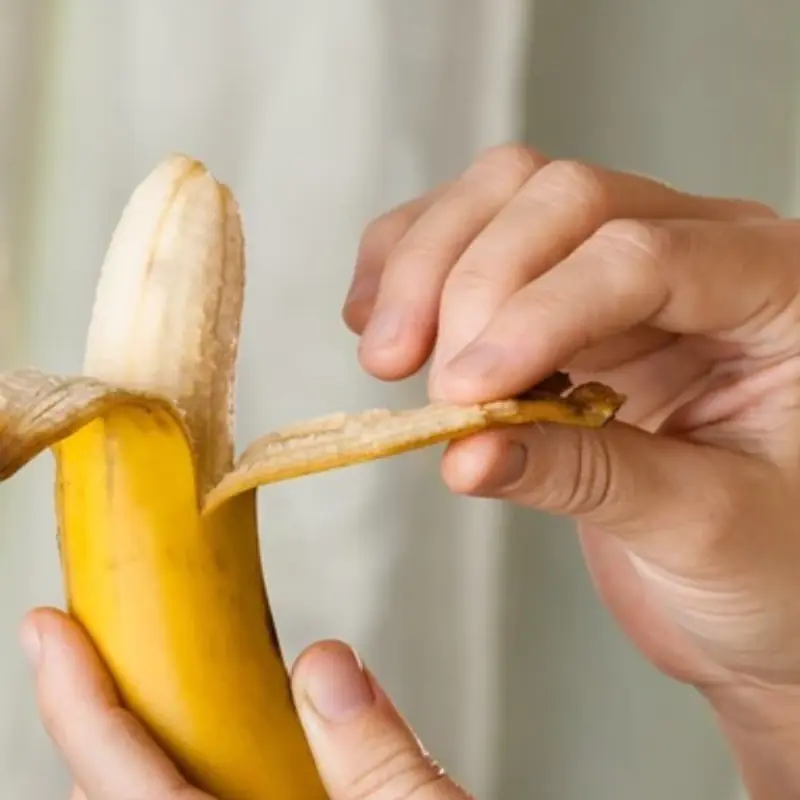
How Will Your Blood Pressure Change If You Eat Bananas Every Day?

Jackfruits with White-Painted Tops

Experts Warn That Some Vegetables Are a Source of Toxins and Should Not Be Eaten Raw

The Most Nutritious Part of the Chicken—“Pricier than Gold” Yet Often Thrown Away by Home Cooks
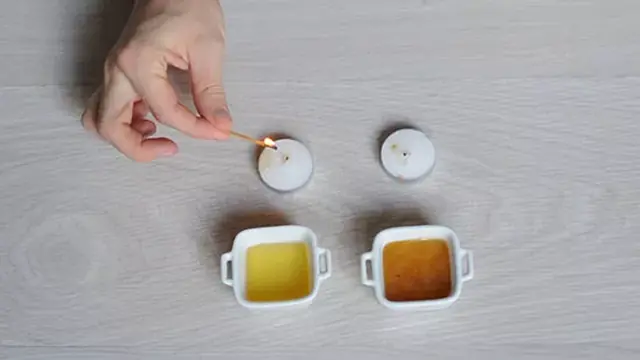
6 Smart Tips for Choosing Quality Honey Sellers Don’t Want You to Know
News Post

Beware! Plants and garden items that attract snakes that many people don't know about
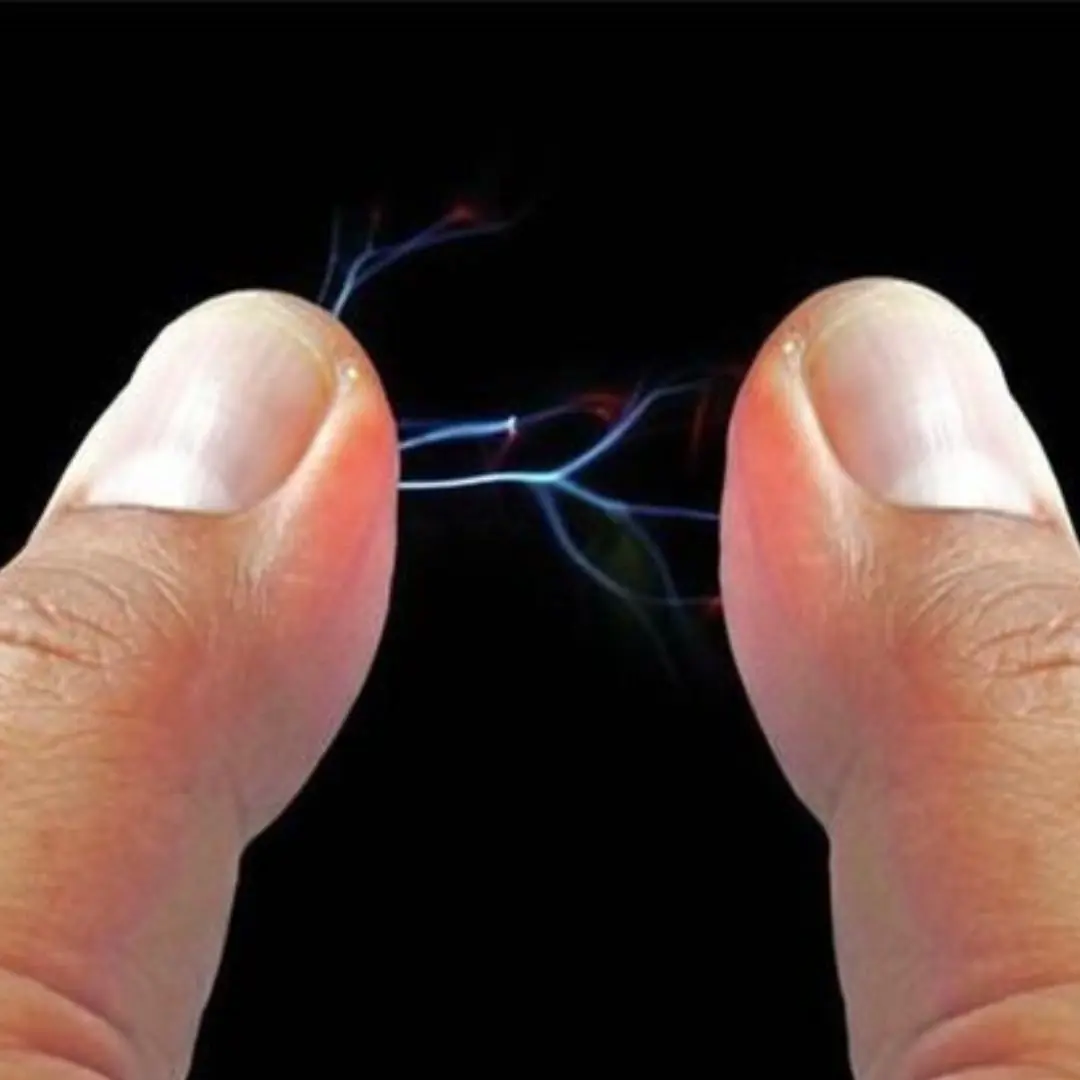
Is static electricity in winter dan.g.erous to health?

Which Causes a Cold More Easily: Fan or Air Conditioner?

Don’t Install Ceiling Fans in These 4 Areas of Your Home

People Who Regularly Eat Cucumbers May Experience 3 Remarkable Changes Over Time

Don’t Miss These 9 Key Signs of Depression — Early Awareness Can Save Lives
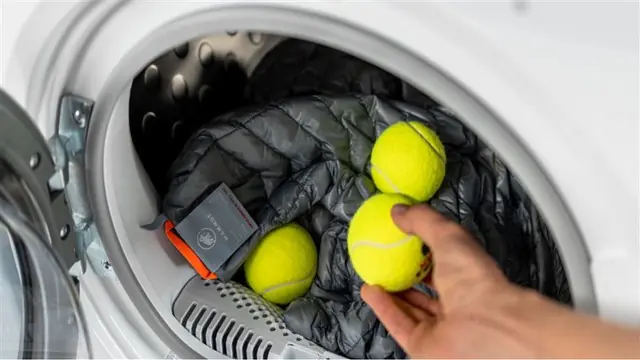
Put 3 balls in the washing machine, a tip to help clothes dry faster but very few people know

This type of fish costs only 1/5 of salmon but is richer in protein, making it one of the healthiest foods!
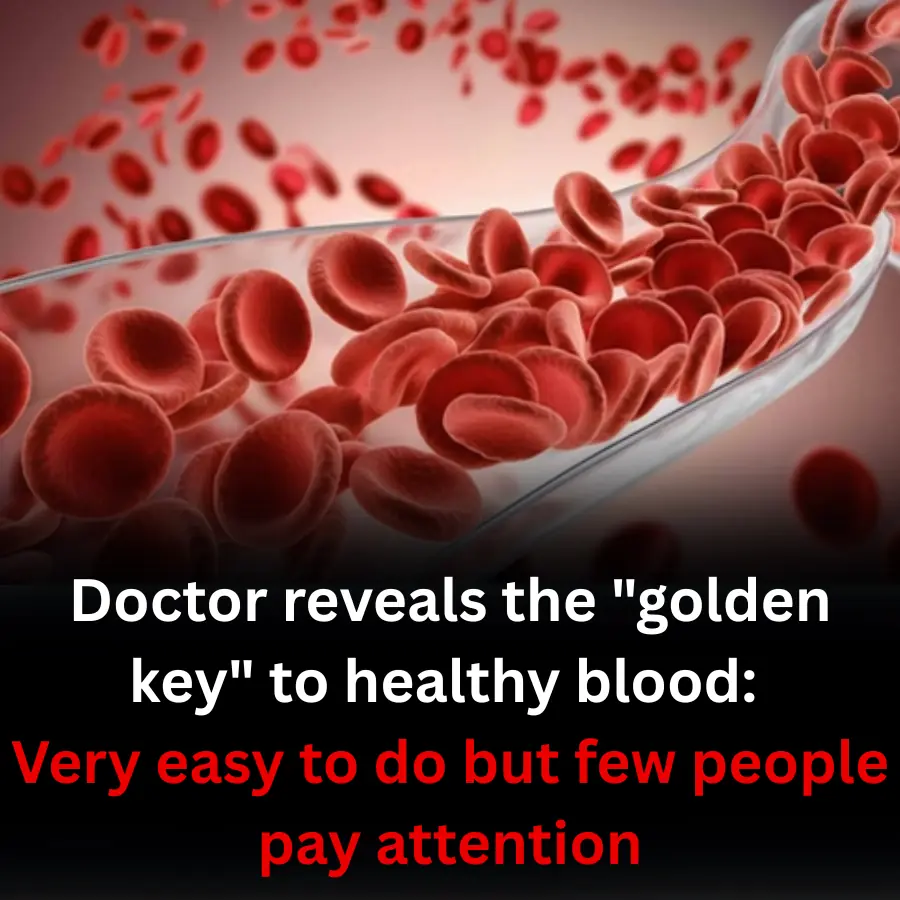
Doctor reveals the "golden key" to healthy blood: Very easy to do but few people pay attention

5 cheap household items that can bring can,cer to the whole family

Eating a handful of this vegetable is as precious as "poor man's ginseng", it grows all over the fences in the countryside but few people know about it

People who regularly eat cucumbers can soon experience 3 changes

This delicious dish "has more iron than pig liver", a must-have this summer, you will love it!

Silent Signs of Kid.ney Can.cer That Are Easy to Overlook

Too Lazy to Drink Water? These 7 Health Problems Might Catch Up with You

Put orange peel in the refrigerator, you will be surprised with its "golden 10" uses

Golden hours to know to drink coffee to maximize health benefits

Silent signs of kidney can.cer are easily overlooked
